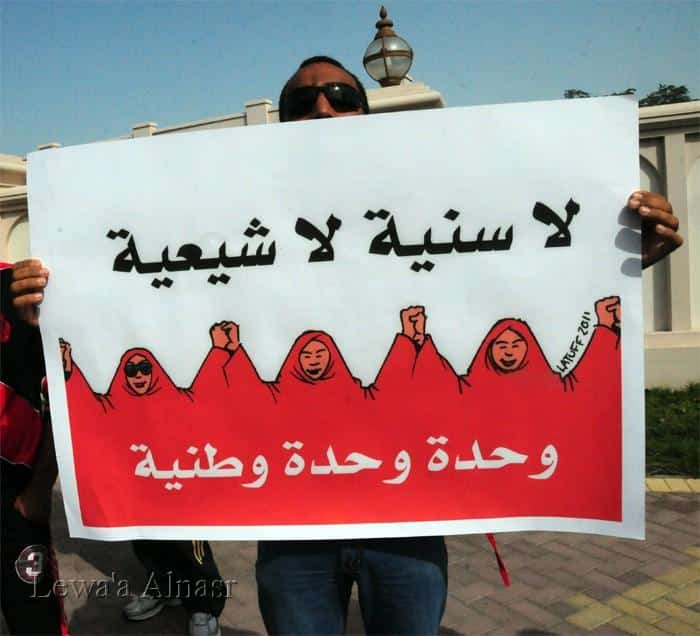
In order to grasp the many facets of the Libyan crisis I looked outward to regional struggles, gaining insight and understanding in a broader sense. My two articles focused on the concept of a ‘Thirty Years War,’ as well as how the many ongoing conflicts in the Middle East ultimately converge into one. David Brooks from the New York Times says that Richard Haas from the Council on Foreign Relations defines this 30 years war as “an overlapping series of proxy wars that could go on for decades and transform identities, maps and the political contours of the region. Brooks lays out the various rivalries that have surfaced such as Sunni-Shiia, Sunni-Sunni, Saudi-Iranian, and Israeli-Palestinian. He says that the last regional struggle in 1979 over the Arab-Israeli dispute was basically a clash of civilizations between Western Democracy and Middle Eastern autocracy, but now the regional struggle is a clash between Arab civilization and over what will come of its future. My second article also introduced this 30 year war concept but focused more on its sectarian elements. Douglass Murray from the spectator alluded this regional struggle to Europe’s 30 year religious war in the 17th century between Protestants and Catholics. He says that there will need to be a Treaty of Westphalia-style solution in which the Middle East will need to redraw the boundaries that have already been “bursting for decades.” Douglass says that the conflict is based on religion, Sunni vs. Shiia, and behind these two sects are the two opposing regional powers, Saudi and Iran, with their affiliated proxies driving the conflict(s) forward.
In terms of Libya, we can conclude that the country has become a battleground for proxy war due to aid and air strikes offered from Egypt and UAE to Operation Dignity, and arms from Qatar for Operation Dawn. The Islamic militants in Libya seeking governmental authority and theocratic rule serve as another battle ground for regional sectarian war. Rather than creating 2 full-scale armies and engaging in some primal civil war, the Middle East has routed more towards modern warfare, in a sense. In the Controversies in Globalization chapter about International conflict, whether or not great powers are likely to go to war with one another, Goldstein conveys that modernity has altered the concept of war entirely due to our global interdependence, trade networks, and the risk of mutually assured destruction, and it has as a result pivoted to a smaller-scale proxy realm. Instead of Saudi, Egypt, and UAE waging a full-scale war on Iran, Syria, and Islamic groups, they do the best they can at containing and eliminating their opponent through more subtle, smaller-scale, state conflicts, aiding the people within country in which the battleground currently resides to assist them in ousting Islamic influence. So when we look at the Libyan conflict we can say that its ultimately an offshoot of the regional ’30 years war’ rather than a separate and distinct conflict. It would be wrong to claim that any Middle Eastern conflict is uncorrelated with the rest.